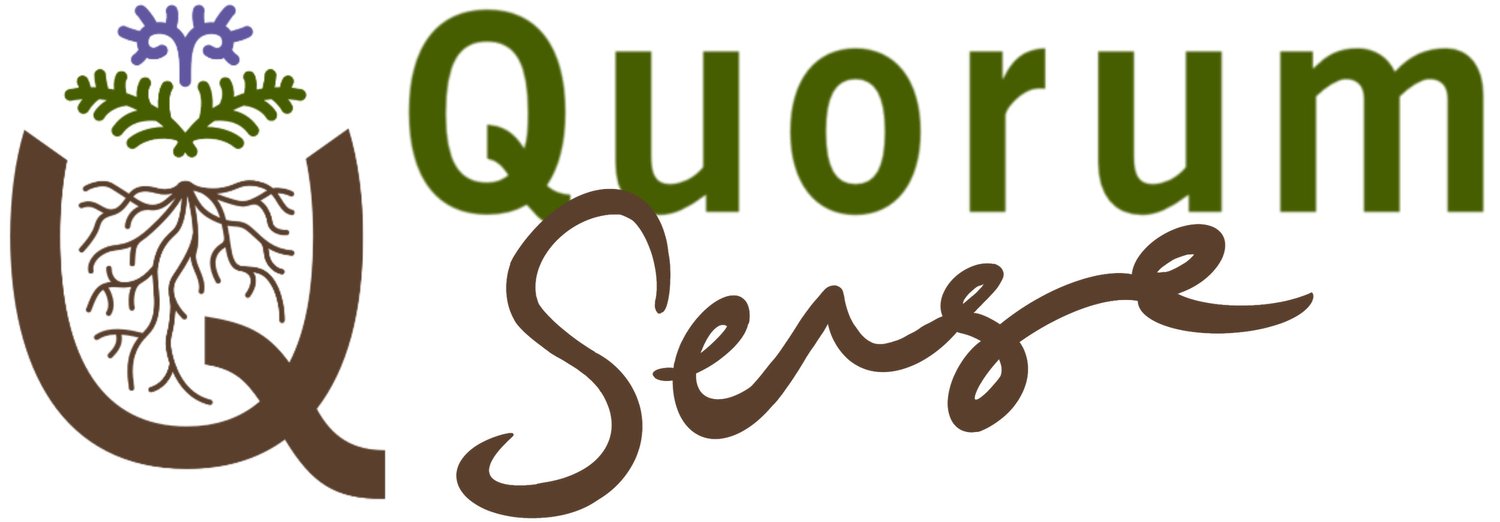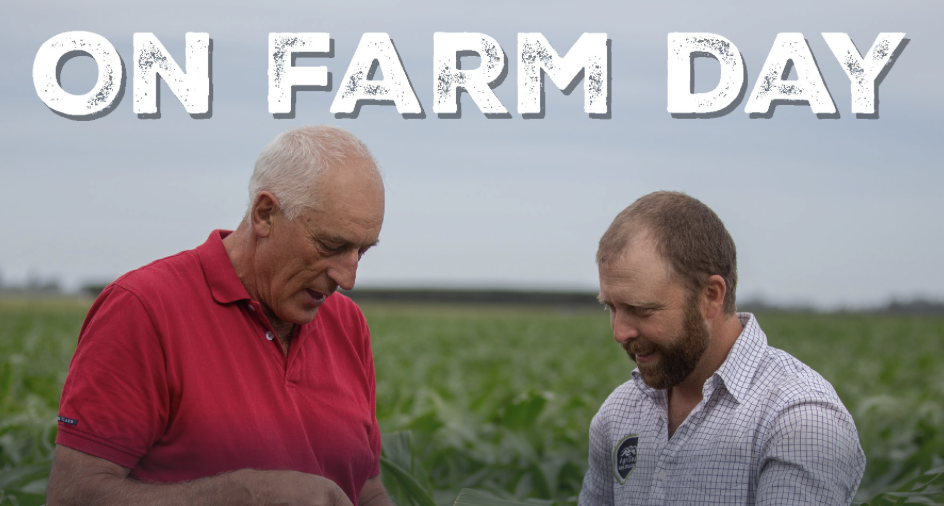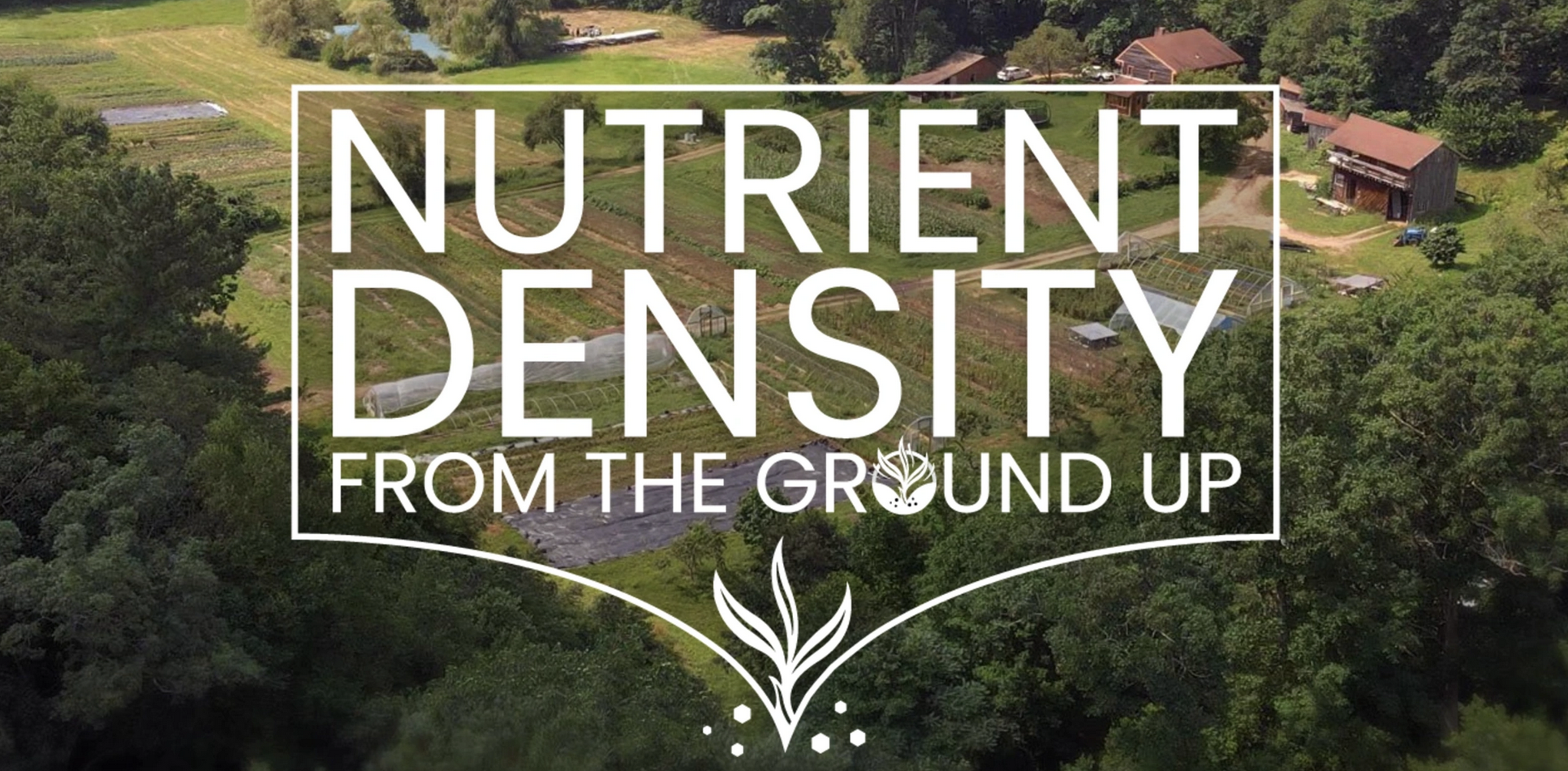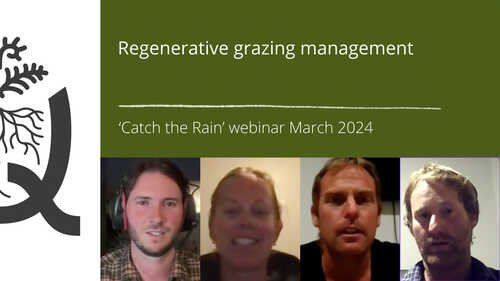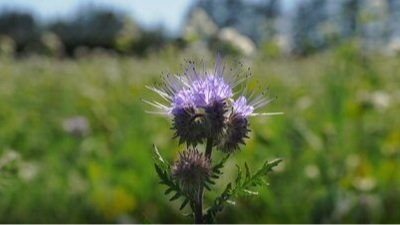Regenerative / biological farming in Canterbury
Quorum Sense is a network led by farmers. We support regional groups and locally organised field days and events for sharing knowledge and ideas about regenerative farming systems/practices, as well as successes, failures and learnings.
If you can’t find a suitable group listed below and are interested in joining – or creating – one, click on the button below to fill out a short questionnaire and we’ll keep you updated about new groups that are forming.
What’s happening in the Canterbury region
Upcoming events
Recent past events
Regional regenerative / biodynamic farming groups in Canterbury
To receive communications about upcoming Canterbury field days and events, email contact@quourmsense.org.nz and we will forward your message.
Canterbury regenerative / biodynamic farmers and growers in the media
Latest Quorum Sense content from Canterbury
Sam Lang is joined by guest farmers Dave Mitchell and Duncan Humm share how they (and other farmers) are successfully incorporating diverse forage crops into their farm systems.
Part of our Wintering Innovations Series, three dairy farmers share their alternative wintering journeys, where they're at now and what they've learned along the way.
Host Sam Lang and guest farmers Rhys Roberts (Align Farms) and Miah Smith explore techniques, successes and challenges bringing diverse pastures into NZ farming systems.
Hear from Mark Koopmans (North Canterbury), Jono Frew (Otago) and Russell Heald (Manawatu) as they discuss the practice of deferred grazing in New Zealand.
Hear from Mark Koopmans (North Canterbury), Rachel Short,(Taranaki) and Ross Johnson (Wairarapa) as they discuss regenerative grazing systems, techniques and farmer-led research.
Two very different vineyards, one in Marlborough another in Canterbury’s Waipara hills, offer different perspectives on what it means to operate regeneratively.
Improving the relationship between soil and plant health is fundamental to helping cycle nutrients and increasing nutrient availability to the vines.
In viticulture systems, cover crops can help reduce compaction, cut fertiliser use, improve water infiltration and lower pest and disease pressure.
Improving the relationship between soil and plant health is fundamental to helping cycle nutrients and increasing nutrient availability to the vines.
Innovative approaches being taken to explore alternative under-vine management that helps increase soil health and support healthy vines, yield and quality.
There are alternative ways to manage vineyard disease and insect pests that are less costly and don’t negatively impact beneficial microbial and insect life.
Improving livestock integration into cropping systems can bring a wide range of benefits and displace the need for increasingly expensive inputs.
Following up our ‘Regenerative arable transitions’ case study, we deep-dive into regenerative arable production systems with David Birkett and the UK’s Clive Bailye.
Introducing two Canterbury arable farmers who are increasing the health, resilience and profitability of their farm systems, with a focus on building soil health.
Farm data comparison of the crop management inputs and associated gross margins of biological or regenerative farming systems for three common arable crops.
Retaining crop residues and integrating cover crops are key practices that both protect the soil surface and keep living roots in the ground year-round.
Exploring different practices for building soil health and broader ecosystem health, which underpin the success of biological and regenerative arable systems.
Exploring different practices for building soil health and broader ecosystem health, which underpin the success of biological and regenerative arable systems.
Exploring different practices for building soil health and broader ecosystem health, which underpin the success of biological and regenerative arable systems.
Exploring different practices for building soil health and broader ecosystem health, which underpin the success of biological and regenerative arable systems.
Bale Grazing is a wintering system where hay bales are spaced across the paddock, with stock grazing breaks of hay and pasture throughout the winter.
“Key learnings for me are the importance of humility, perseverance, research, conceptual and creative thought.”
David Birkett incorporates cover crops into his high value seed crops and has done an immense amount of trial work in decreasing synthetic inputs of crops and soil tillage.
In this fourth session of the 2020 Post-Harvest Debrief, we are joined by mixed arable farmers Mike Porter and Roger Small to discuss successes and learnings from this season.
A discussion following a conversation about slug control, featuring Abie Horrock from FAR and Simon Osborne who has been managing slugs in his no-till system for decades.
Hamish Bielski talks about his experience and advice for managing stocking rates, grazing densities, pasture growth and recovery periods post-drought.
In this first session of the inaugural post-Harvest Debrief, Quorum Sense Chairman Nigel Greenwood shares what he's learnt from the trials he's run over the last three years.
Mixed arable farmer Simon Osborne describes his farm system and discusses his use of cover crops, companion planting and other techniques for improving soil health and crop performance.
Mixed arable farmer Nigel Greenwood shares some of the techniques he uses for growing healthy soils and healthy crops that are resistant to pests and disease, reducing/eliminating chemical use.
